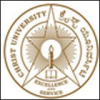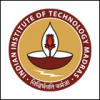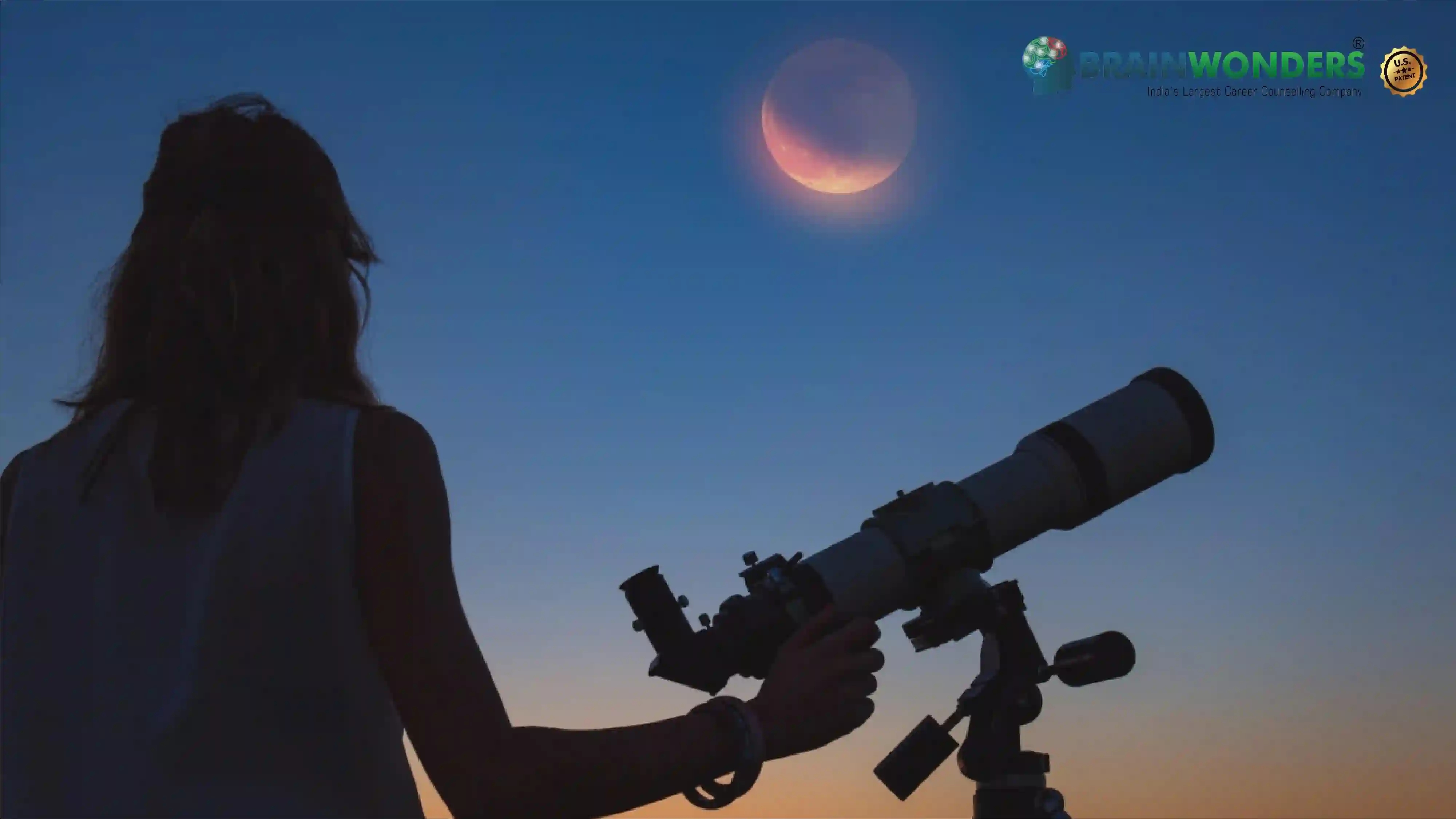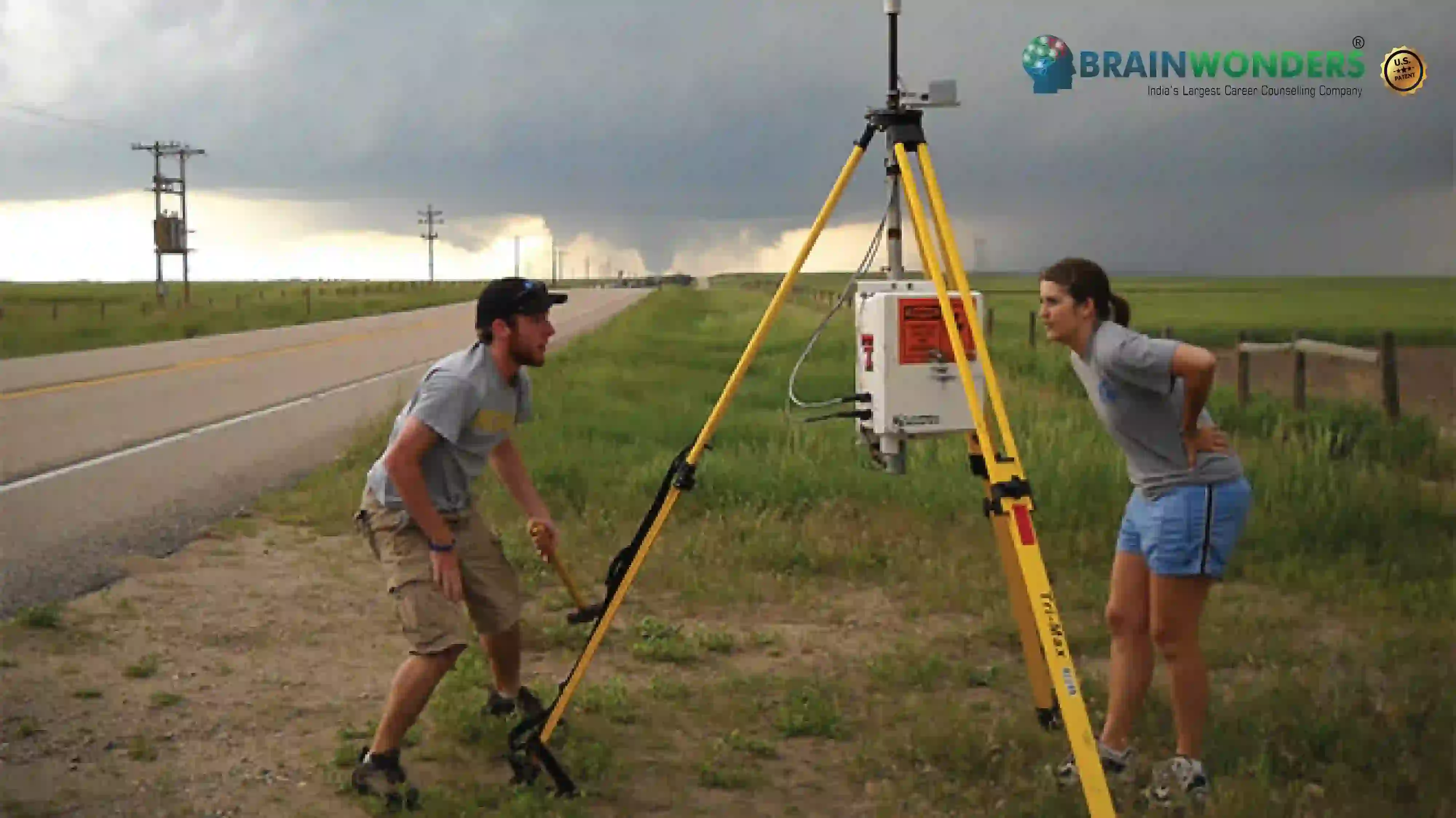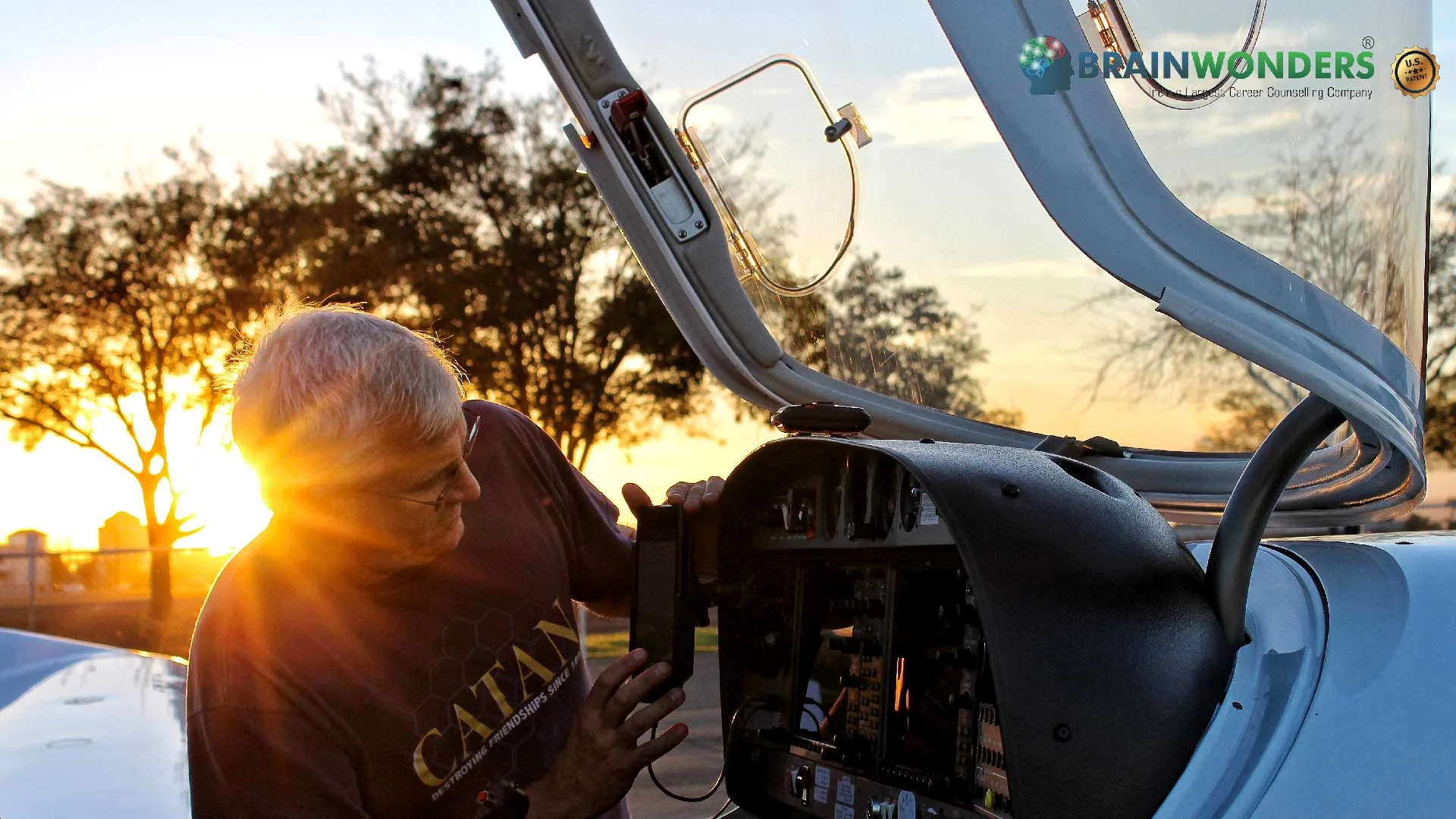How to become an Astrobiologist
Overview, Courses, Exam, Colleges, Pathways, Salary
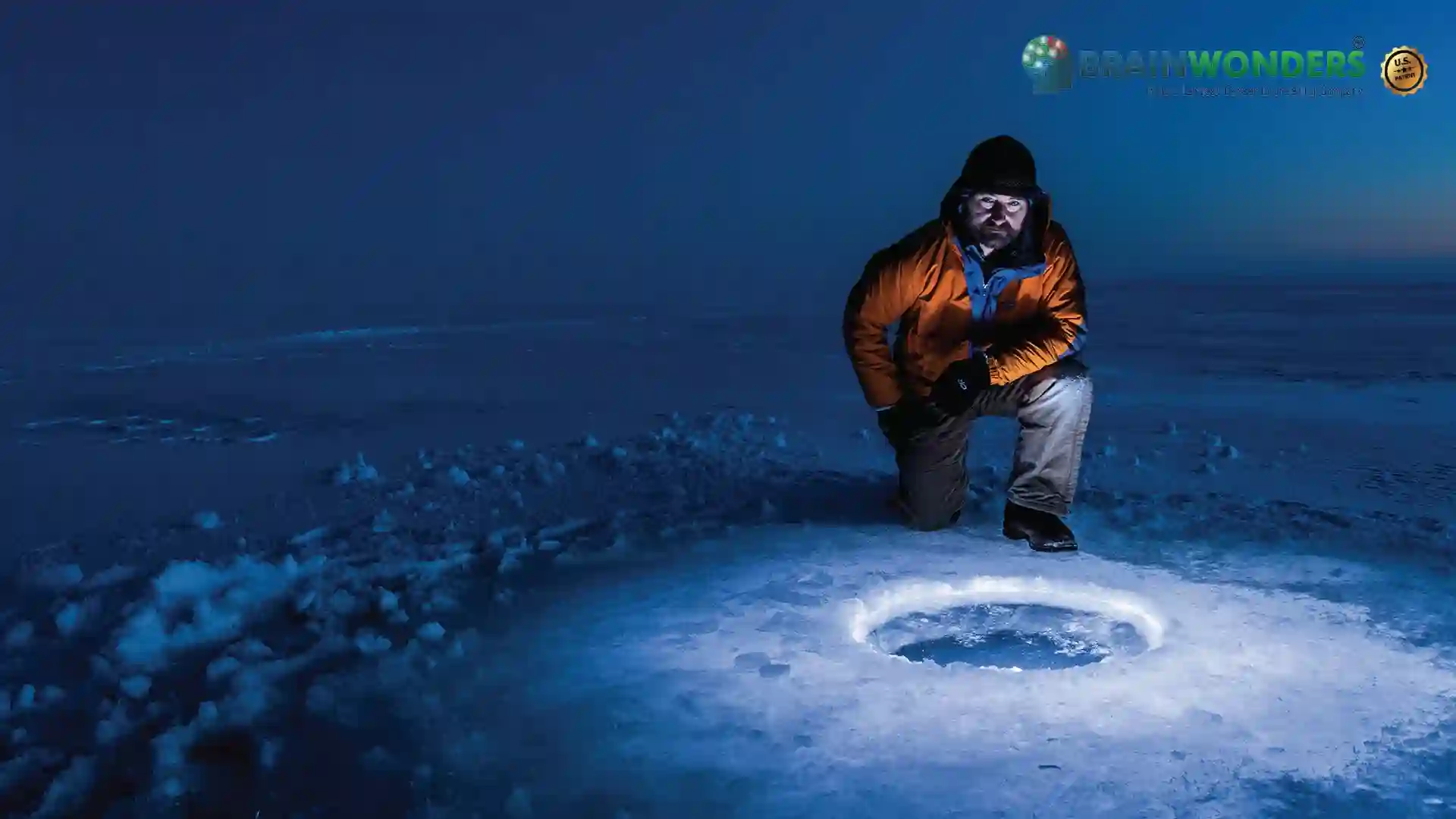
Overview
Who is Astrobiologist ?
Astrobiology is a branch of science that makes use of the knowledge of biology, astronomy, and physics to study and analyze the origin of life, early evolution distribution, and the future of life on any planet or natural satellite in the universe. An astrobiologist makes use of this knowledge to understand the working of life forms on an extraterrestrial turf. They try to find answers to questions regarding extraterrestrial life on other planets in the solar and other planetary systems.
In collaboration with colleagues in the disciplines of space science and astrobiology, researchers are attempting to discover more about the origins of all life on Earth, from the smallest single-celled organism to the most complex plants and animals on the planet, including humans. Researchers studying the origins of other life forms seek to better understand the origins of all forms of life on Earth. They seek to perform research and testing in order to get a better understanding of the development, distribution, and potential for many different types of life on Earth as well as on other planets in the solar and planetary systems. The quest for extraterrestrial life is one of the most significant components of an astrobiologist`s job description.
The ultimate goal is to have a better understanding of the origins of life and the knowledge of prebiotic chemistry in order to discover possibly habitable planets and worlds in outer space. The identification of the environmental conditions that led to the emergence of life on Earth, as well as the development of suitable living criteria that may indicate the presence of life on other planets or celestial bodies, is a critical step in the search for life on other planets or celestial bodies other than Earth.
Some researchers are working on programs that are hunting for radio signals from intelligent lifeforms elsewhere in the cosmos, while others are investigating regions on Earth where the most rudimentary forms of life could exist. Candidates that specialize in astrobiology are astrophysicists who have a strong background in astronomy along with deep knowledge of biology and life sciences.
Typical day at work
What does Astrobiologist do?
Job Description, Roles, Duties, Tasks, and Responsibilities:
- Plan experiments as a part of the future rover or spacecraft in which the sampling would take place, for the detection of organic molecules which could conduct/depict life
- Simulate how molecules and organisms may react in various evolving environments
- Visit places on Earth such as deserts or oceans, having similar space conditions to examine living organisms
- Assess chemical composition and environmental data from planets within and outside of the solar system
- Perform laboratory tests on samples to determine the chemical reactions that occur under various conditions, and whether organisms survive
- Propose outer space experiments for funding and approval
- Use high-performance/advanced telescopes to investigate whether habitable planets exist inside or outside the Milky Way
- Carrying out numerical operations to examine data concerning the existence of other planets
- Communicate and publish findings at conferences or journals
- Look for radio signals from intelligent life forms in the Universe
- Explore exoplanets, planets, or moons, to determine whether the conditions might host life
- Examine soil or ice samples to determine the presence of identifiable microorganisms, if unidentifiable microorganisms are found then research is carried out on the new organism to try to understand its biological and biochemical features
- Find life evidence from outer space samples
- Recognize resources in planetary soils
- Contribute to satellite-based experiments in space comprising microorganisms
- Examine and attempt to answer questions about microbial levels of the planetary atmosphere and surface
- Research organisms on Earth that live in extreme conditions to understand how life could survive in other planets’ harsh conditions.
- Analysis to try to understand the workings of fastidious organisms on earth to understand correlate the workings of microorganisms found on other planets
Abilities and Aptitude needed
What are the skills, abilities & aptitude needed to become Astrobiologist?
Along with knowledge of biology, astronomy, microbiology, and other subjects, one also needs to have an understanding of how to operate and set up complex laboratory machinery in space and on Earth. They need to possess impeccable mathematical and technological skills. They regularly use complex mathematical equations, statistics, and formulas in their work.
They must have tremendous hands-on skills in microbiological assays and procedures in order to be able to perform similar experiments with precision even in space. They should value precision and be comfortable working with equipment that requires careful monitoring. They need to be skilled with their hands and work closely, safely, and effectively with needles, chemicals, and other laboratory instruments. They tend to be investigative, intellectual, introspective, and inquisitive individuals. They must be curious, methodical, scientific, rational, and analytical.
An astrobiologist must-have qualities to understand and bifurcate information that would pour in from all ends during extensive research being done on a particular planetary sample acquired. This quality would help the researcher to avoid any misunderstanding or confusion caused due to the diversity and versatility of the information obtained since biological data is always prodigious in nature.
They should be able to effectively communicate, both verbally and in writing, their research processes and findings. They usually work in or lead research teams and must be able to motivate and direct other team members, thus, interpersonal skills are necessary. They need to have strong observation skills and be detail oriented in order to conduct and monitor scientific experiments and analyses with accuracy and precision.
This also requires microbiologists to have perseverance as research involves trial and error, and they must not become discouraged in their work. They need to have logical reasoning, critical thinking, and problem-solving skills to find solutions to complex scientific problems and draw conclusions from experimental results through sound reasoning and judgment. Lastly, they must be able to manage time and prioritize tasks effectively while maintaining the quality of work.
Pathways
How to become an Astrobiologist?
Entrance Exam
Entrance Exam for Astrobiologist ?
Courses
Which course I can pursue?
Best Colleges
Which are the best colleges to attend to become an Astrobiologist?
Industries
Which Industries are open for Astrobiologist?
- Government organizations and agencies like ISRO in India and NASA in the US want to hire more Astrobiologists in order to better understand the area where physics and biological sciences merge.
- Private space organizations like SpaceX are on the tipping edge to enter domains of astrophysics that were once only possible for government agencies. Hence, Astrobiologists that can understand the biology behind metaphysical aspects are needed.
- More astrophysics agencies and companies are largely focusing on people with expertise in the field of Astrobiology since the thought of possible solutions to problems from alien soil obtained from other planets shows a very bright future for disease prevention and cure.
internship
Are there internships available for Astrobiologist?
- Indian Institute of Astrophysics has a number of projects and internships designed to gain expertise in astrophysics techniques along with expertise in biological sciences in space.
- The Astrobiology Society of the United Kingdom is well known for its research project and courses in this field.
- The Indian Astrobiology Research Centre and Foundation have a number of research-based opportunities, training, and internships for individuals with an interest in this division of science.
- National Aeronautics and Space Administration has a separate Astrobiology Department that provides research training opportunities to talented individuals in the field.
Career outlook
What does the future look like for Astrobiologist?
Many of the astrobiologists that work for NASA, started as a microbiologist before moving on to astrobiology. It is common for them to work full-time in offices and labs, and they may be required to work at unusual hours in the event of a significant discovery. Teaching, research, scientific journalism, and even being a part of government-based research organizations are all options for those interested in the field. Traveling is a component of this career that not everyone considers before taking the plunge and applying for it. Astrobiologists are required to attend around half a dozen conferences each year, both local and foreign, depending on their position. This is because the work in this field is comparatively very new and unknown to the larger majority of the audience, most of the work being collaborative in nature making presentations and talks as a key component of the job. To summarise, traveling accounts for around one-quarter of the year.
As a newcomer, your role will be to support and collaborate with an existing research team that is currently working on a particular subject. If you`re wondering what your professional options are, the answer is that the sky is the limit as long as you put out your best effort and provide the appropriate results. Given the fact that the subject and the working line of occupation are comparatively very new, there are loads of corners and sectors in the field that need attention giving room to more discoveries, inventions, and innovations.
As far as automation is concerned, there is little to no possibility that this professional sector will be completely automated shortly, making it an excellent long-term employment choice. Given the fact that the number of planets and galaxies is unlimited, the amount of research and discoveries about each celestial entity also becomes unlimited giving room to long term employment needs.
